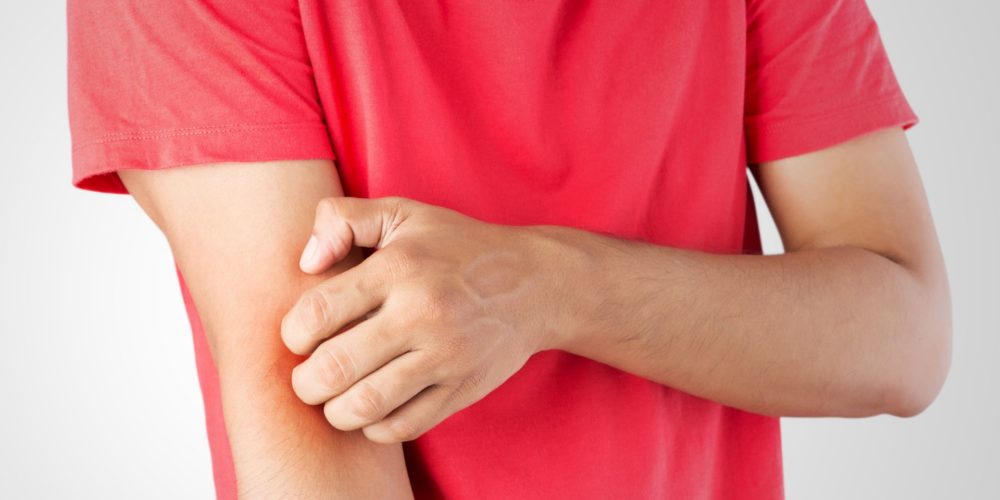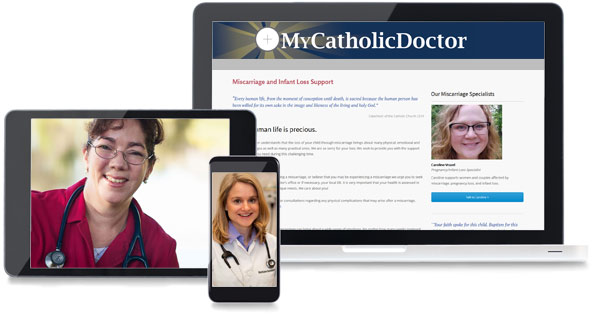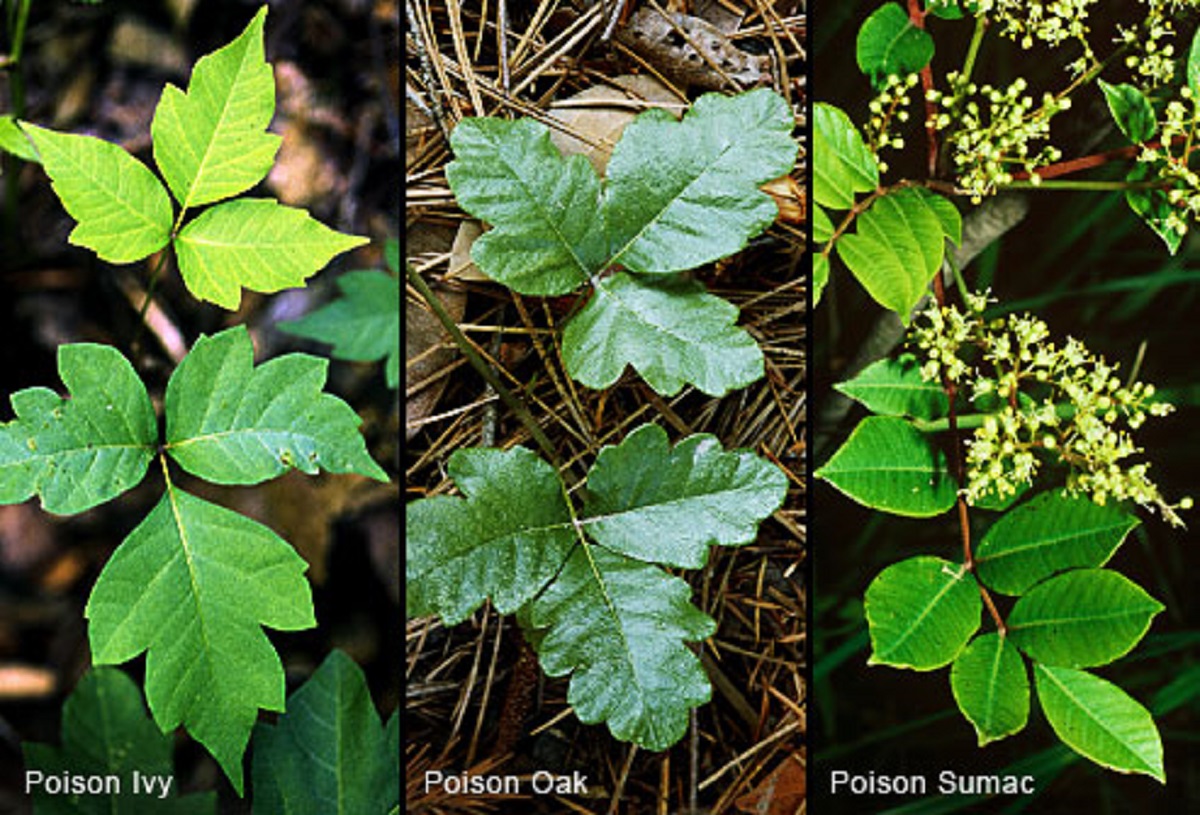Most rashes will go away on their own. However, we recommend you make an appointment to see one of our doctors if:
- The itch is disabling and impairs your ability to go about your normal activities
- You have a temperature over 100 degrees fahrenheit.
- There is pus, soft yellow scabs, or tenderness on the rash.
- The itching gets worse or keeps you awake at night.
- The rash spreads to your eyes, mouth, genital area, or covers more than one-fourth of your skin area.
- The rash is not improving within a week.
- The rash is widespread and severe.
- You have difficulty breathing
If you scratch a poison ivy rash, bacteria under your fingernails may cause the skin to become infected. See a doctor if pus starts oozing from the blisters. One of our doctors might prescribe antibiotics. Serious difficulty breathing and inflammation of the lining of the lungs may result from inhaling urushiol.









